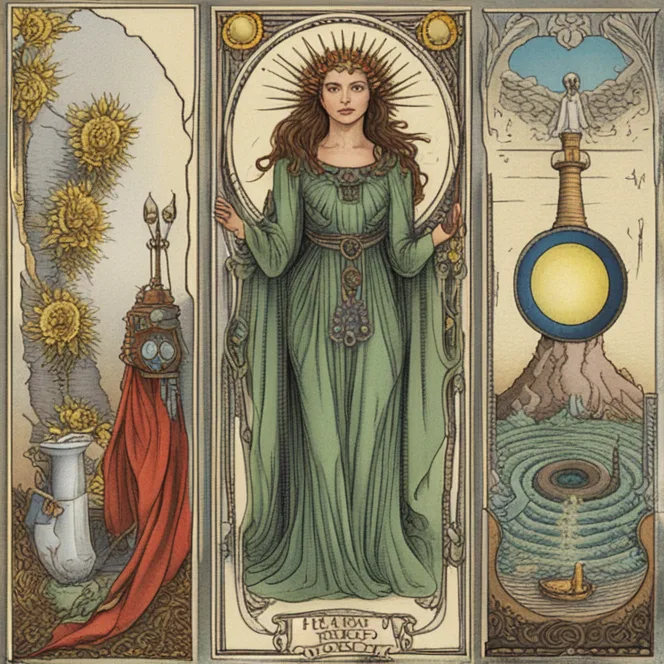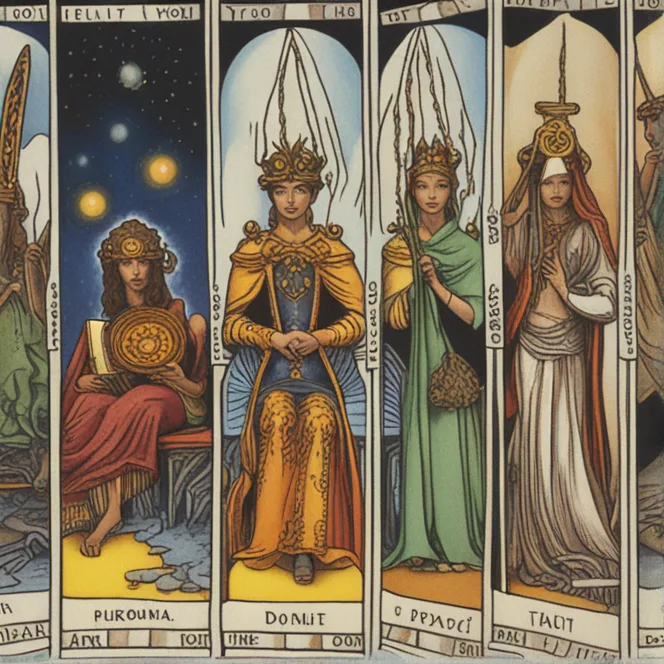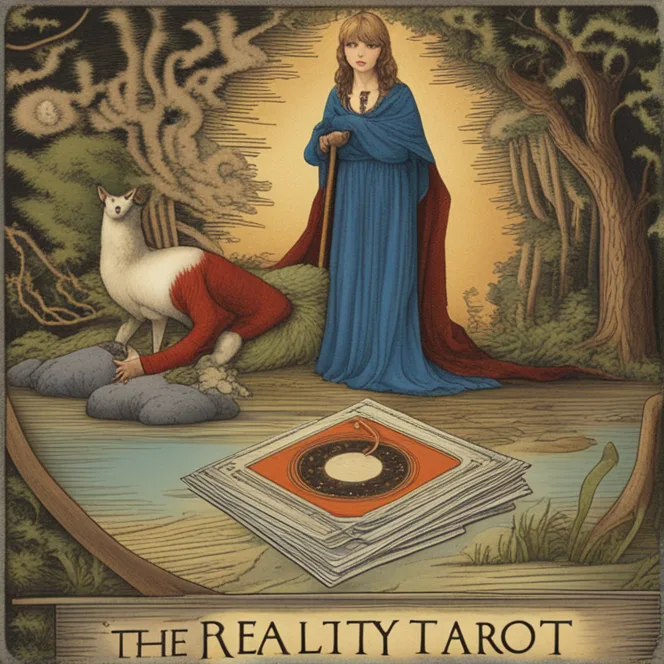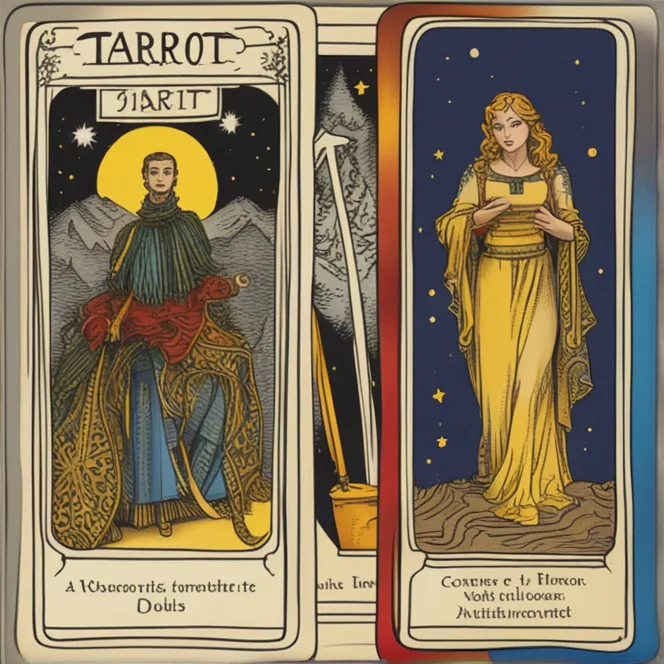
The Origins of Tarot
Tarot cards have piqued human curiosity since their inception in the mid-15th century. Emerging first for gaming, these illustrated cards soon transitioned into tools for divination and spiritual introspection. The intricate imagery depicted on each card represents archetypal symbols resonating with the collective unconscious explored by Carl Jung. This makes them more than just ink on paper; they act as mirrors to the psyche, suggesting that the "realness" of tarot may lie in personal interpretation and reflection rather than objective truth.

Tarot as a Reflective Tool
Detractors and skeptics often dismiss tarot as a pseudoscience, casting shadows over its credibility. However, when examined under the light of subjectivity, tarot readings become a deeply personal experience. Practitioners assert that the cards provide guidance and reveal underlying patterns, not necessarily foretelling the future but inspiring self-awareness. This reflective utility, seasoned with a touch of mysticism, lends tarot its singular allure and begs the question of what "real" means in the context of personal growth.

The Mechanisms Behind the Readings
The mechanisms that drive the efficacy of tarot readings can be contentious. Some attributions range from pure chance to intuitive interpretation by the reader. While skeptics may attribute successful readings to the Forer effect — the tendency to perceive vague, general statements as uniquely applicable to oneself — others find solace in the synchronicity of tarot, where coincidences bear significant meaning. This psychological dimension of tarot readings might be their most compelling aspect, grounding their value in the insights they provoke rather than in empirical validation.

Subjective Answers to Objective Doubts
It's important to note that belief plays a crucial role in the perceived reality of tarot cards. Their power and efficacy often hinge on the user's willingness to derive personal meaning from the readings. Tarot does not conform to scientific scrutiny, as it operates on a subjective plane divergent from the empirical. This subjectivity invites users to a unique experience that can be real in its influence on their perceptions, decisions, and emotions, but it remains intangible to the all-demanding lens of scientific proof.

Respecting Different Belief Systems
Tarot's existence in modern-day spirituality demands respect for the plurality of belief systems. While some might see tarot readings as entertainment, for others, they comprise a meaningful aspect of their spiritual practices. Acknowledging the broad spectrum of beliefs and maintaining an open mind can be beneficial, as tarot's real impact, be it through psychological comfort or spiritual connection, is undeniably felt by many across cultures and creeds.
The Individual's Verdict
Ultimately, the question "Are tarot cards real?" transforms into a personal inquiry. Their tangibility as objects is undeniable, yet their truth as a divination tool varies vastly among individuals. It is the personal experience, the meaning each user draws from the cards, that defines their reality. Whether as a method of self-examination or a gateway to the metaphysical, tarot cards hold an enduring place in the landscape of human spirituality and contemplation.
Published: 12/5/2023
Modified: 12/5/2023
More predictions
Come back here soon to learn more about yourself and your future


Unveiling the Mysteries of the Minor Arcana
In the world of tarot, the Minor Arcana often plays a supporting role to the more famous Major Arcana, yet it holds profound insights into our daily lives. Comprising 56 cards, the Minor Arcana delves into the nuances of everyday experiences, emotions, challenges, and opportunities. This article explores the structure, symbolism, and interpretation of the Minor Arcana, offering a deeper understanding of its role in tarot readings.


Zodiac-Tarot Dynamics: Exploring Tarotscope
In the mystical realm of self-discovery and foresight, the synthesis of tarot and astrology offers a compelling narrative for each zodiac sign. Tarotscope, a unique blend of these ancient practices, provides a monthly thematic outlook that combines the archetypical symbolism of tarot with the astrological undercurrents specific to each sign. This dynamic interplay between the celestial bodies and the tarot deck offers insightful perspectives, guiding each sign through life’s complexities. We are delving into this fascinating synergy, presenting a tailored narrative for all twelve signs to navigate their paths with greater clarity and purpose.


Celestial Insights: Monthly Tarotscope Wisdom
In the realm of mystical guidance, the blending of tarot and astrology creates a unique and powerful tool for insight and reflection. Tarotscope, a monthly forecast combining tarot card readings with astrological insights, offers a nuanced lens through which to view the upcoming challenges and opportunities.